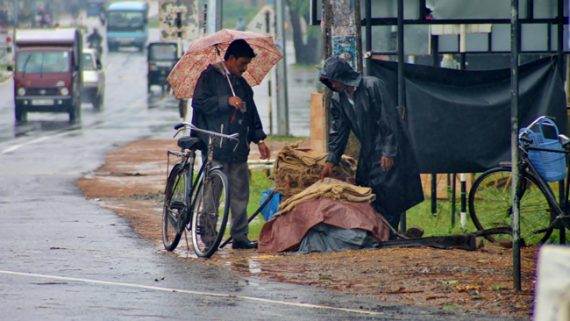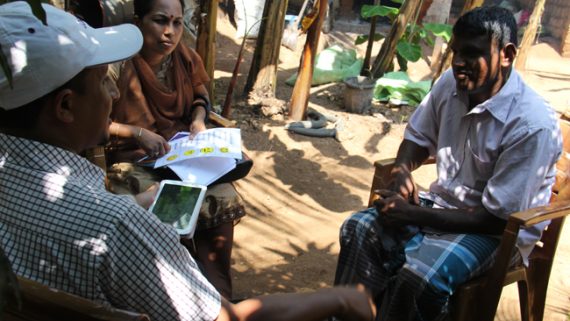Welcome to Strengthening Subnational Governance Program and Its impact on Local Authorities
Building onto the gains from the DFAT Australia-funded Local Economic Governance (LEG) Program (2010-2015) and the Sri Lanka Subnational Governance Program (SNGP, 2015-2020) The Asia Foundation (TAF) Sri Lanka has launched a strategic and flexible 60-months new initiative, the Strengthening Subnational Governance (SSG) Program from November 2015. SSG’s goal is to improve subnational governance in Sri Lanka through effective institutionalization of tested models under five broad areas of work.

Achieving Economic Resilience
Subnational
Governance Program of The Asia Foundation organized a workshop to build the
capacity of elected members and key administrative staff ..
Read More.....

Enhancing Citizen Engagement
Despite having formalized and institutionalized participatory practices of collecting citizen opinions on their services ,Local governments continue to design their budgets based on
Read More.....

Strengthening Citizen focused Budgeting
The usual practice of budget preparation in local authorities, is predicting income and expenditure based on budgets of previous years. The practice of evidence-based budgeting is
Read More.....

e-governance to m-governance
The
introduction of electronic-based service provision and process refinement in
local government is now a part of the day to day routine in almost every local
authority in Sri
Read More.....
Governance is a process whereby government, private sector, civil society, law enforcement agencies, and community groups and organizations make important decisions, determine where they want to go together and whom they want to involve in the process of decision-making. It is not just something about government, it is also about political parties, legislature, judiciary, media, civil society, citizens, organizations and public institutions. Governance involves interactions, knowledge systems, structures, processes and traditions that determine power, responsibility and decision making.
Find out more
Citizen participation is a process through which citizens influence public decisions that affect their lives and the lives of other citizens. Citizen participation can be active when citizens interact with their elected officials or the staff of a local government to influence a public policy decision. It can also be passive when citizens simply attend a public meeting to receive information on the status of a new government programe or when they show up to vote at an election.
Revenue Process Audits are useful to identify all forms of revenue sources legitimized within the legal framework of local authorities. The RPA is a systematic review process which facilitates the scrutiny of procedures adopted by respective local authorities to mobilize taxation and revenue collection. The RPA helps to identify gaps and shortcomings in the taxing and revenue collection process while also identity remedial measure to overcome them.
As governments move towards globalized efforts of sustainability, green initiatives are rapidly integrated in Local government worldwide. Our environment has proved time and time again that human development is best envisioned in unison with the environment.




















